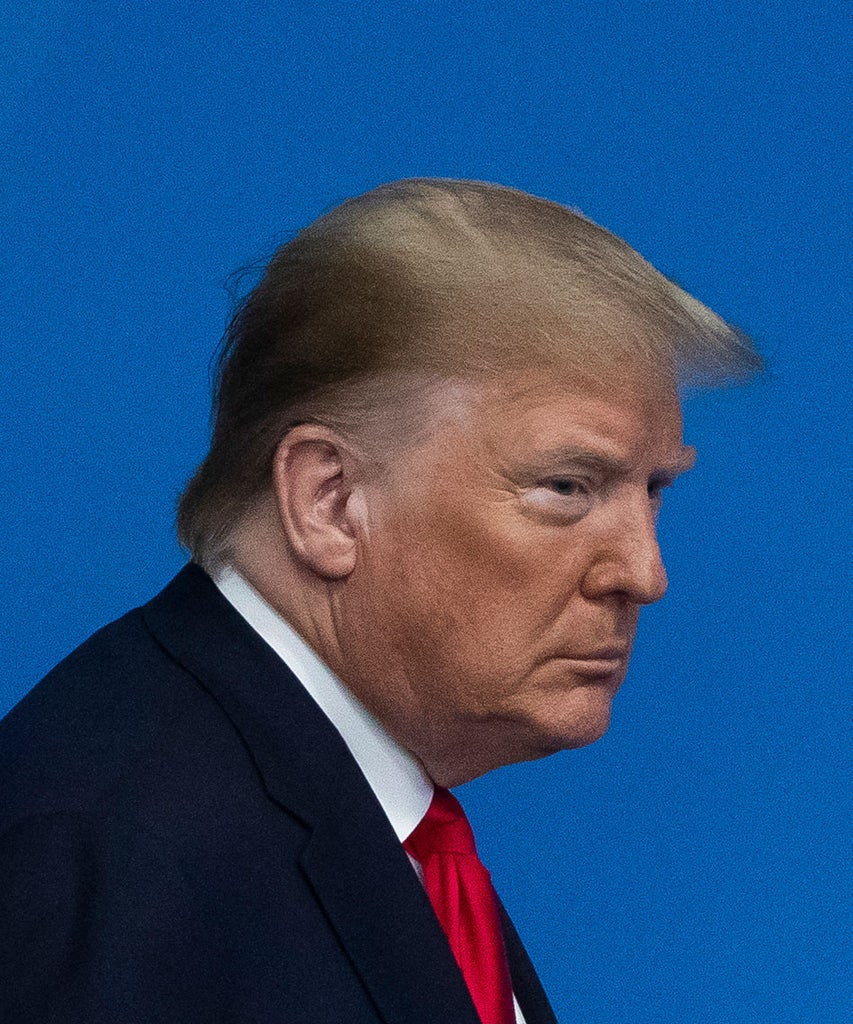
Amid the Senate hearings and Dr. Fauci’s testimony on Tuesday, Trump’s taxes are also facing trial. The Supreme Court has begun hearing three combined court cases — two issued by congressional committees and one by a New York grand jury — demanding access to President Donald Trump’s long-withheld tax returns and financial records. The highly-anticipated meta-case calls into question the powers and limitations of each branch of government as all three — executive, legislative, and judicial — are represented in this one larger case. In all three separate cases, lower courts have rejected Trump’s arguments and requested that he turn over his records to congressional and New York state investigators. Now, this Supreme Court case represents Trump’s last hope to keep his financial records private.
Because of the coronavirus, the hearing will occur by conference call, making it possible for the public to listen to the justices’ questions in real time. Hearings began on May 12 for the combined cases involving Trump’s accounting firm, Mazars USA, and two banks: Deutsche Bank and Capital One, which have both been subpoenaed by House committees. The financial records in question are mainly from the period before Trump’s presidency as well as sweeping records from banks and accounting firms that the Trump Organization did business with. Both Mazars USA and Deutsche Bank have not objected to complying with the subpoenas, reports NPR. Instead, it has been Trump who stepped in and asked the courts to block them from complying. Ahead, we’ve broken down the cases and what the Supreme Court will investigate in each.
Trump v. Mazars & Trump v. Deutsche Bank
Trump v. Mazars and Trump v. Deutsche Bank both have to do with the attempts of three House committees to obtain Trump’s financial records from his accounting firm and financial institutions. These cases involve Trump’s business records following the testimony of Trump’s former fixer, attorney Michael Cohen. Specifically, these records would allow Congress to investigate whether any of Trump’s foreign business ties represent a conflict of interest after Cohen told lawmakers that the Trump Organization exaggerated his wealth in order to obtain better terms from lenders and insurers in 2019.
Two of the committees are looking into potential foreign influence and whether Trump engaged in money laundering with Russian business partners. According to The New York Times’ business investigations editor, David Enrich, Deutsche Bank “provided matchmaking services that connected Trump with wealthy individuals, including some very wealthy, well-connected Russians who were looking to invest in American real estate,” Enrich told NPR. By gaining access to his financial information, investigators could see not only tax returns, but balance sheets, income statements, and lists of business partners.
In response, Trump sued the oversight committee in federal court in Washington, D.C. to block the Mazars subpoena. He then sued the financial services and intelligence committees in New York to block the subpoenas to Deutsche Bank and Capital One, reports Business Insider. Trump’s lawyers argued that Congress does not have a legitimate purpose to examine Trump’s financial records and instead are going on a “sweeping” fishing expedition.
Trump v. Vance
The third case, Trump v. Vance, involves Trump’s attempts to stop subpoenas from a New York grand jury supervised by Manhattan District Attorney Cyrus Vance Jr. This case looks into whether corporate records were altered in an attempt to cover up hush-money payments to Stormy Daniels and Karen McDougal just before the 2016 election. Both women allege to have had affairs with Trump, which he has denied; however, falsifying financial records to cover up payouts is a possible violation of state laws. Cohen testified to making the payments. While Cohen has already pleaded guilty related federal charges, Vance’s office wants to investigate whether any state laws were broken. Last year, Trump sued the Manhattan district attorney’s office to stop investigations from obtaining his tax returns while investigating his business activities.
What will the hearing on Trump’s taxes ultimately determine?
These three cases are similar in that they are all seeking much of the same information which includes Trump’s tax returns. Since Jimmy Carter, every president – until Trump – has made their tax returns public as a voluntary, good faith gesture. So far, Trump’s attorneys have leaned on the argument that the president has “absolute immunity” in any investigation while in office including criminal prosecution. Trump has countersued each case. His private attorneys argue that the subpoenas are politically motivated attacks on the presidency.
There are two big questions lying beneath this case in its subtext. It is not just about Trump’s tax returns and other financial records, but whether Congress can subpoena a president’s personal information outside the boundaries of an impeachment inquiry and whether a state can demand access to a sitting president’s personal records as part of a criminal investigation.
If the House and the New York District Attorney’s office are successful and Trump’s financial records are released, both could identify new areas of investigation based on their findings. They would be able to see Trump’s personal income, his assets, debts, even his charitable contributions, numbers Trump and his attorneys have fought hard to keep private. Additionally, the timing of this hearing means that the Supreme Court’s ruling will likely occur in the summer in the middle of 2020 presidential election campaigning.
Women Reporters Unite Against Trump At Briefing
The Battle Between Trump & Morning Joe, Explained
Michelle Obama Reacts To Wisconsin Primary
from refinery29
What To Know About The Supreme Court Hearings On Trump’s Taxes
![What To Know About The Supreme Court Hearings On Trump’s Taxes]() Reviewed by streakoggi
on
May 12, 2020
Rating:
Reviewed by streakoggi
on
May 12, 2020
Rating:




